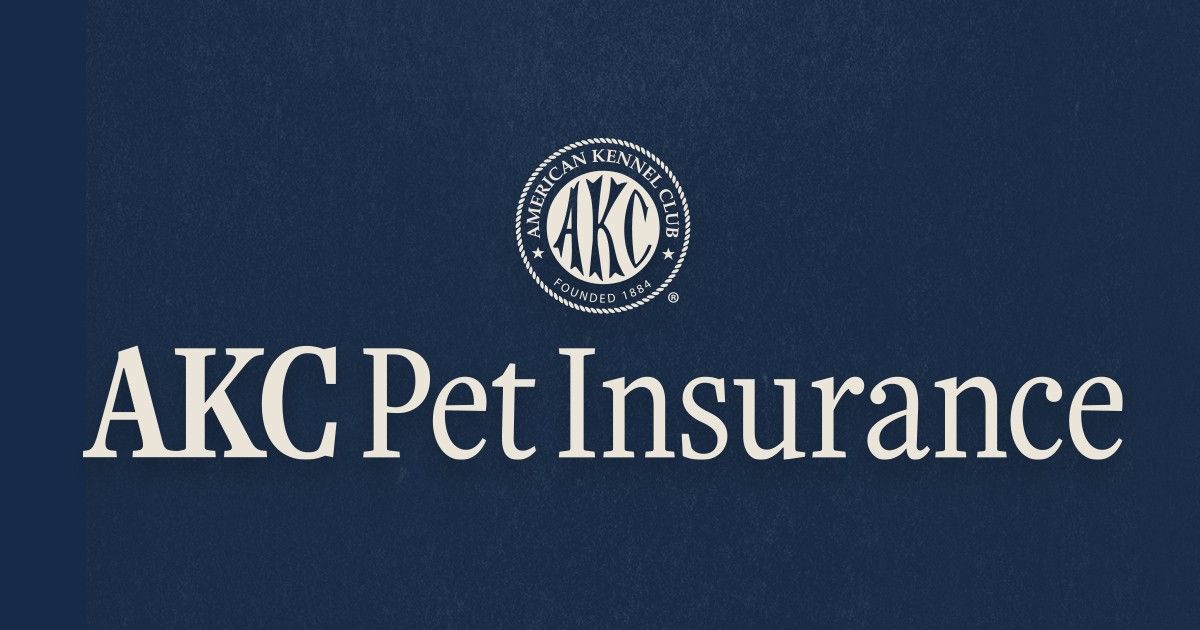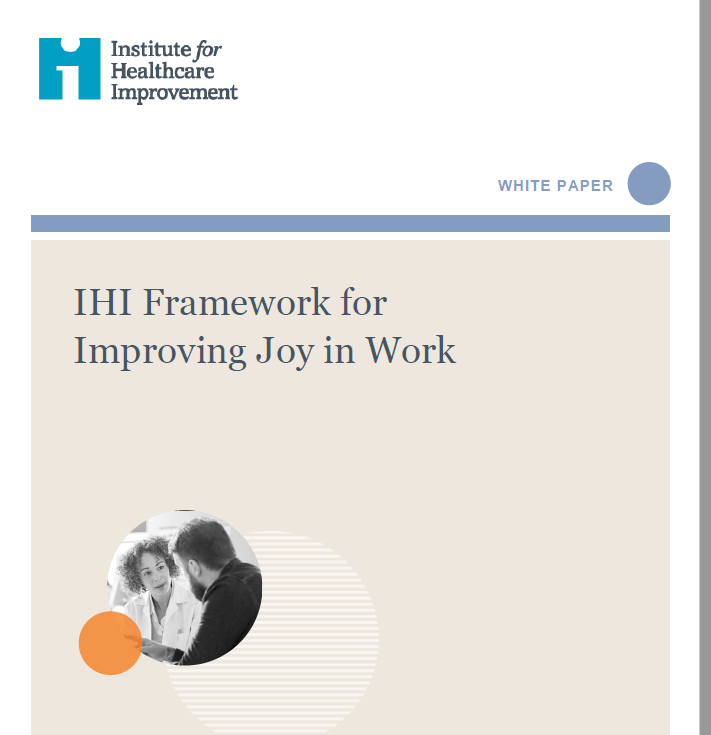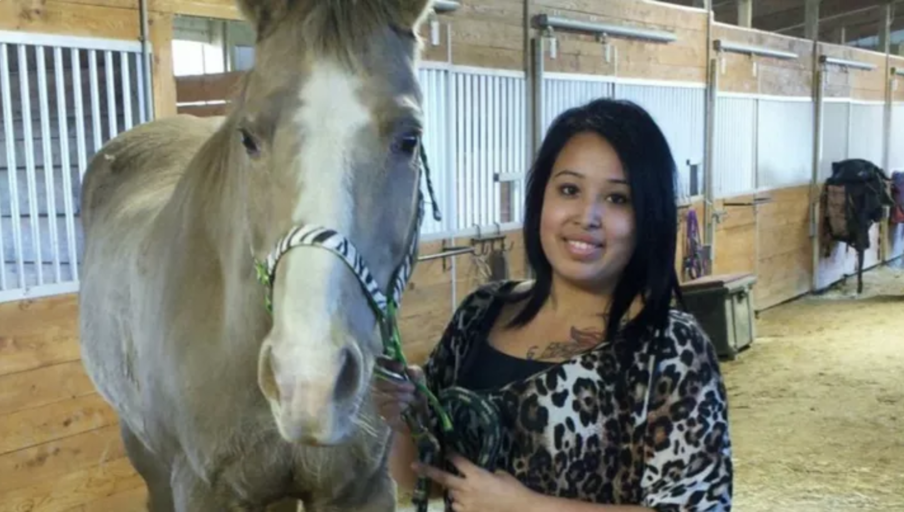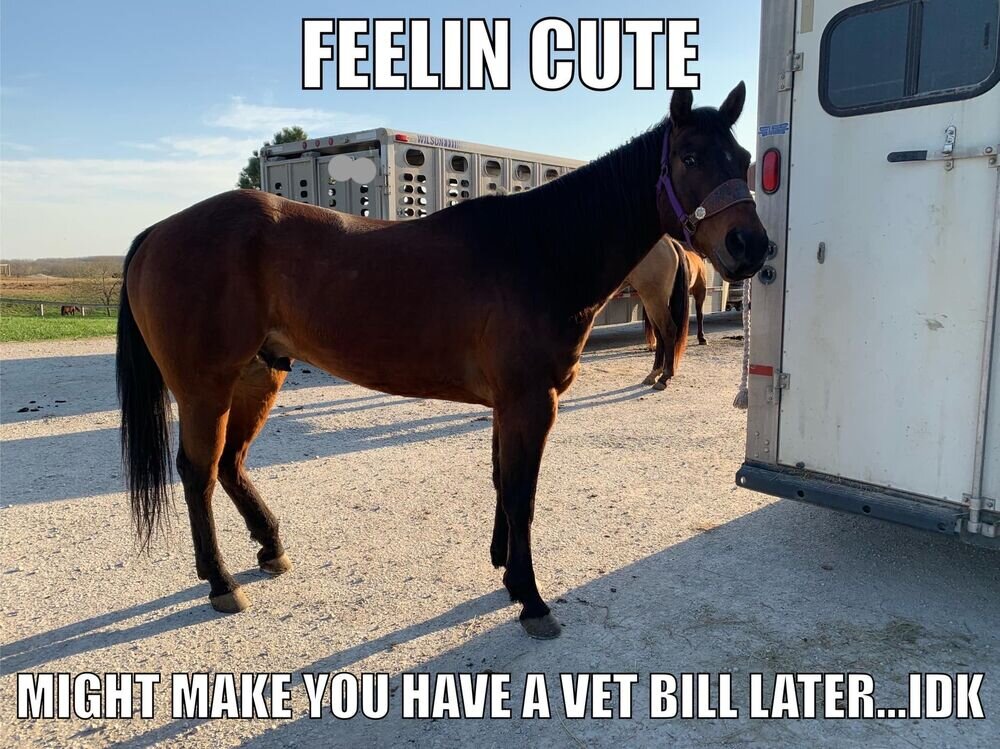Why my local animal hospital now accepts Trupanion insurance for direct payments:
An accident insurance plan with Trupanion is less than $14/month for a dog.

Trupanion Continues to Pay Veterinarians Directly at Checkout: Thousands of additional Veterinary Hospitals Now Have Access with ezyVet Integration
Trupanion’s integration reduces stressful financial conversations and makes transactions simple by paying veterinarians directly at checkout in seconds...www.globenewswire.com
Trupanion, the leader in medical insurance for pets, today announced that its direct payment solution is now available to thousands of additional hospitals through a strategic partnership with ezyVet, a cloud-based practice management software used by veterinary hospitals globally.
An accident insurance plan with Trupanion is less than $14/month for a dog.










